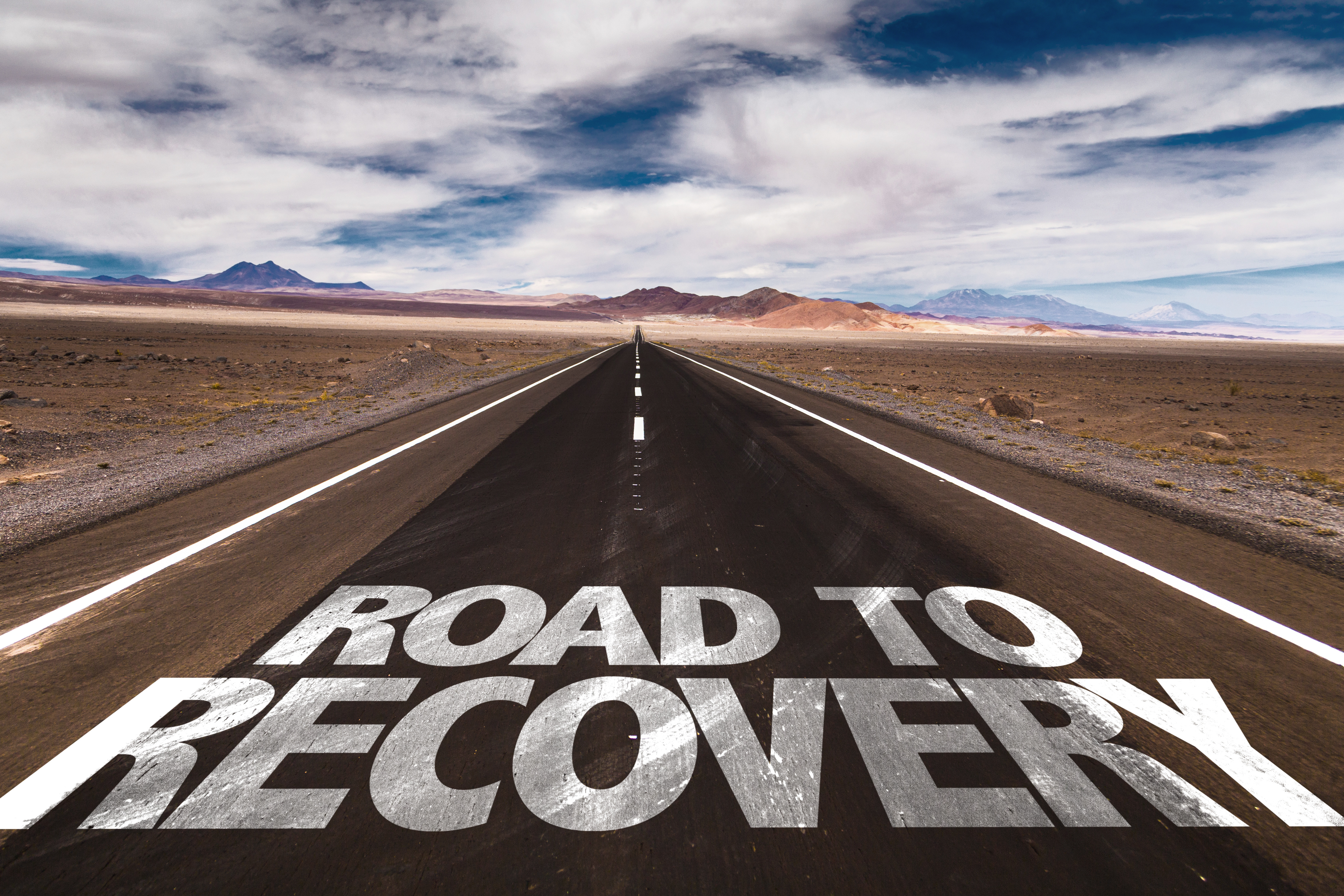Recovering from addiction isn’t something anybody should go through alone. Unfortunately, there are so many negative associations with addiction that most people with intentions to quit often retreat into the shadows.
Former addicts or recoverees need not feel ashamed or embarrassed to take the first step or share their experiences. Especially as their story could be the impetus to encourage others still trapped in the shackles of addiction to make a change.
The Wrong Belief
No doubt, over the years, the stigma of addiction has been fuelled by the belief that those who use drugs or alcohol, in spite of the consequences, are weak-willed or moral failures. Another common belief is that addicts choose to be addicts.
These ideas are wrong, and should be removed from the common mind-set.
When addicts struggle with the guilt and shame of their drug abuse, it becomes harder for them to open up and get the help that they need.
Addiction is a prolonged disease that affects the body’s physical structure and brain functions, and leads to changes in behaviour. Most times, addicts want to change but don’t get enough support and find themselves relapsing again and again.
Being an addict doesn’t mean you are weak-willed, a moral failure or a horrible person, it simply means you are human.
Addiction Alters your Brain and Behaviour
When you use alcohol and drugs indiscriminately, the areas of the brain responsible for pleasure, motivation, emotion and memory are altered and can lead to addiction.
For instance, addictive drugs stimulate your brain to release significant quantities of dopamine, which is a ‘happy hormone’ and makes you feel instant pleasure and motivation. Your brain stores this memory of quick and easy pleasure in the hippocampus- the section of the brain for learning, emotion, and new memories.
Similarly, your amygdala, the part of the brain involved in processing memory, making decisions, and emotional reaction, develops a conditioned response to specific stimuli. For example, it may associate the sight of a bong or being alone in a secluded room with the pleasure of drug use.
Hormones and the Addiction Cycle
Dopamine was designed to be secreted in limited quantities, so when your brain releases too much, you experience a shortage. This deficiency means it will be difficult for you to be happy about the things you usually enjoy, like seeing your children or playing with your pet. And when the drug wears off, you are left “high and dry”: these are the mood swings and anti-social behaviour associated with addicts.
When an addict feels this way, they remember the quick and easy pleasure they get from drug use, and go back to it again, thus fuelling the addiction cycle.
It is a cycle that is often difficult to break without sufficient help and support.
Factors that make addiction easier to acquire
- History of addiction in the family
- Using at a young age
- Meeting and spending time with other users
- Having mental conditions, such as depression, anxiety, or schizophrenia.
Addiction is Not a Choice
Many people often start out voluntarily using drugs, but once the habit kicks in, it’s out of their control. On several occasions, they may want to quit, but because their brain has been re-wired, it is more difficult.
Beating addiction is not easy, more so when you try to do it on your own. Overcome the stigma and express your decision to change so that friends and family can support you.
If you know any person suffering from an addiction, don’t write them off, they need your help.
Article Submitted on behalf of drugrehab-newcastle.uk and alcoholrehab-newcastle.uk








